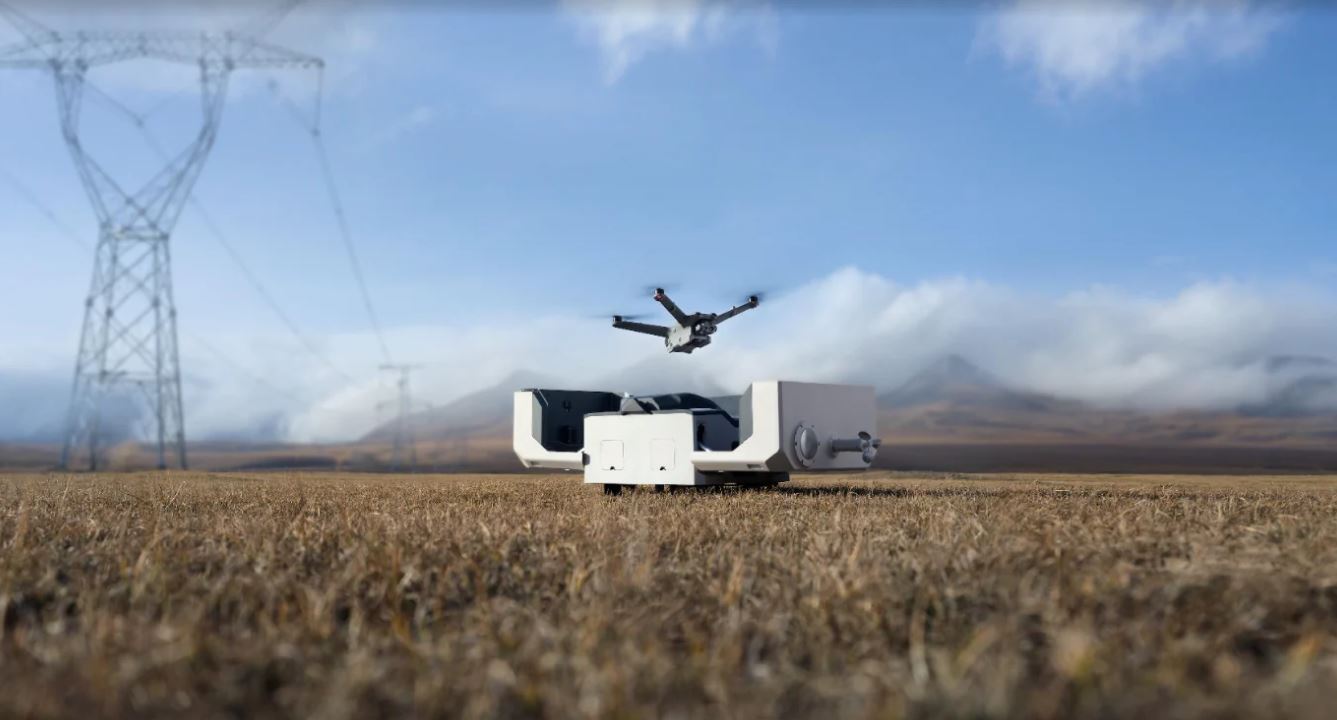
The DJI Dock 2 marks a significant milestone in the evolution of autonomous drone technology, not only changing the way drones are deployed and managed, but also significantly expanding the scope of their applications. This innovative system is designed to enable fully automated drone flights, allowing users to remotely plan and execute tasks without physical interaction with the aircraft. As a result, the DJI Dock 2 opens up new possibilities for industry sectors such as inspection, agriculture, security and even emergency response.
One of the most notable features of the DJI Dock 2 is its ability to allow drones to take off, land and charge independently. This is all done within the protected environment of the dock, which is designed to protect the drone from weather while providing a safe haven for charging and data transfer. The dock is equipped with advanced sensors and software that ensure accurate landings and takeoffs, minimizing the risk of human error and maximizing operational efficiency.
The autonomy of the DJI Dock 2 provides a solution to one of the biggest challenges in the drone industry: the need for manual controls for takeoff and landing. By automating these processes, drones can now perform lengthy and complex missions with minimal human intervention. This opens the door for continuous monitoring and data collection, which is crucial for tasks such as tracking the progress of construction projects, monitoring wildlife or conducting regular safety inspections of critical infrastructure.
Furthermore, the DJI Dock 2 provides a platform for the development of advanced applications through integration with cloud-based platforms. This allows users to analyze flight data, plan and coordinate missions, and receive real-time updates, all from a central location. This connectivity increases operational flexibility and the ability to respond quickly to changing conditions or emergencies.
In addition to technological innovations, the DJI Dock 2 also plays an important role in the industry's sustainability goals. By increasing the efficiency of drone operations and reducing the need for human intervention, the dock helps reduce the carbon footprint of drone flights. This is especially important in areas where environmental conservation is a priority, as minimizing disturbance from human presence can be critical.
In conclusion, the DJI Dock 2 represents a revolutionary step forward in the world of drone technology, paving the way for more automated, efficient and sustainable drone operations. With its ability to combine autonomy, safety and connectivity, the DJI Dock 2 promises to fundamentally change the way we use drones, making them an even more integral part of our daily work and life processes.
